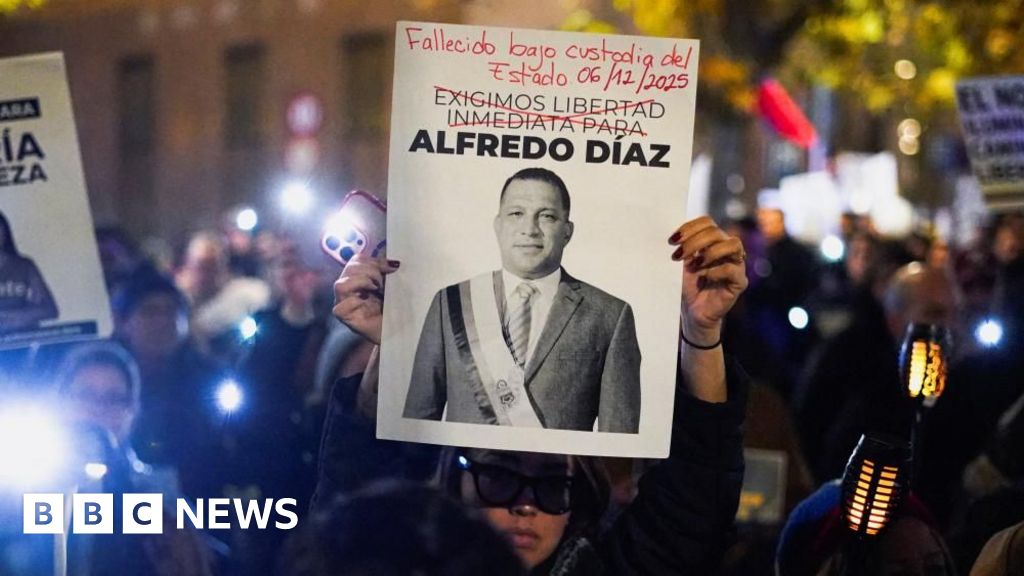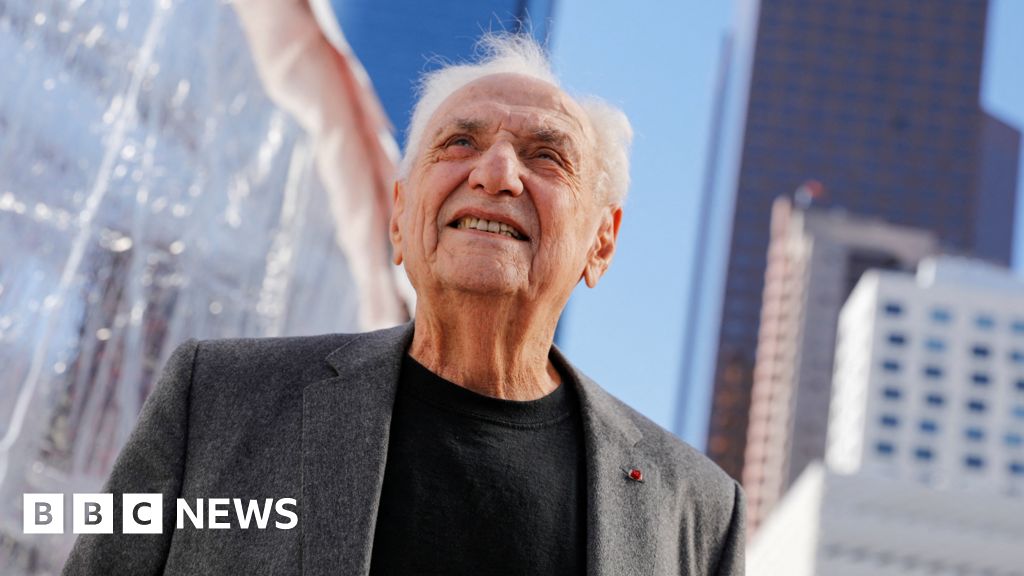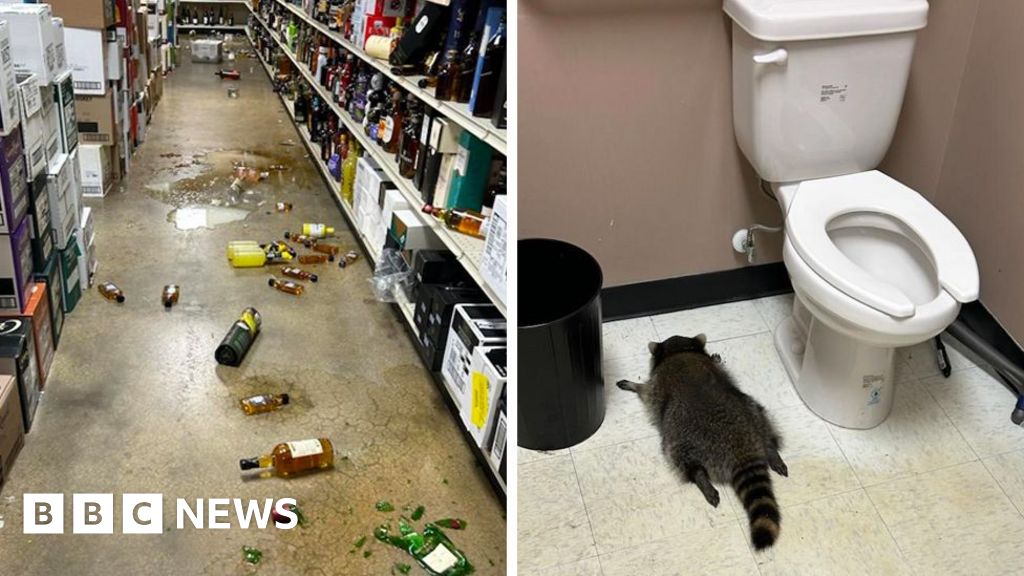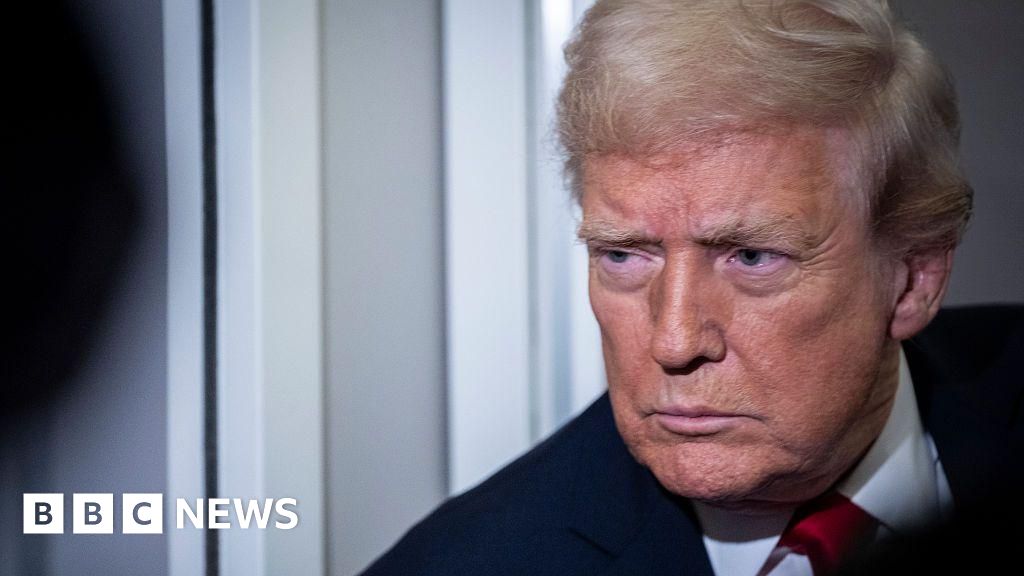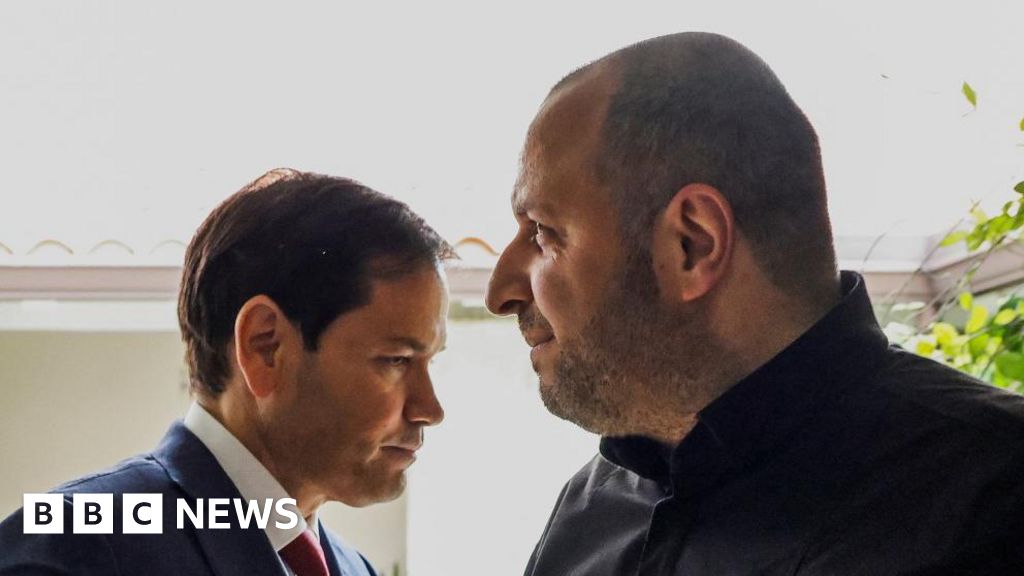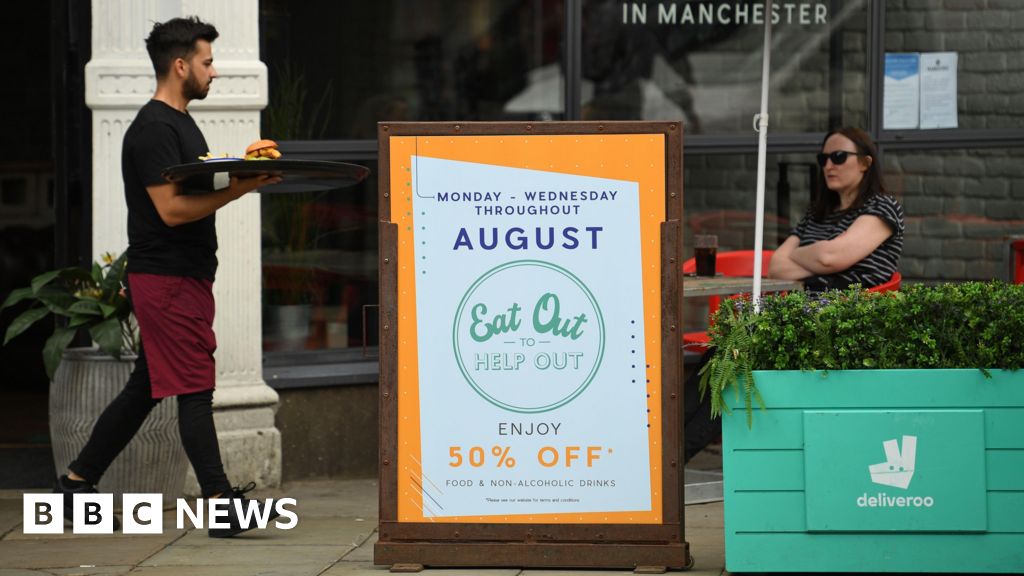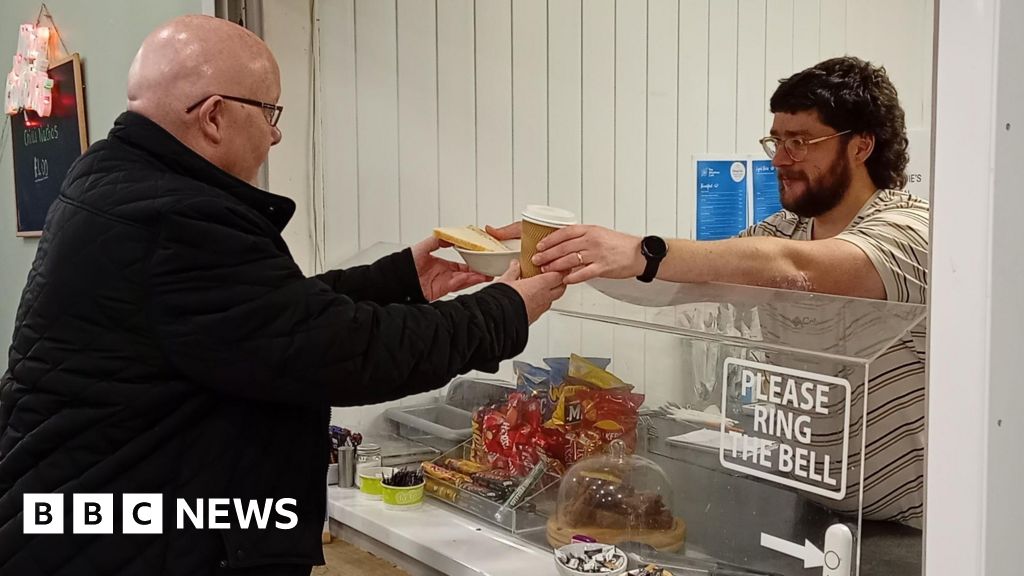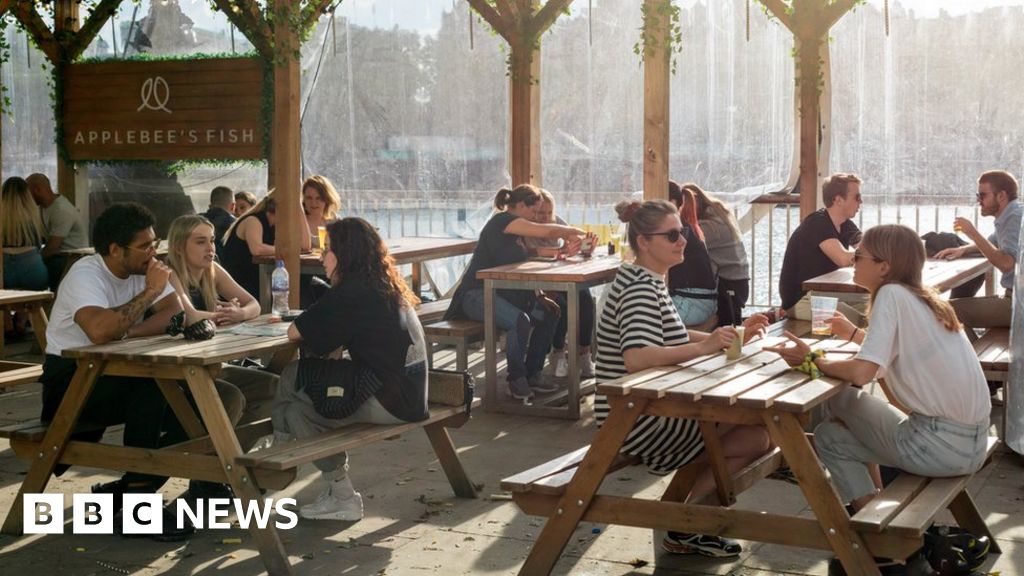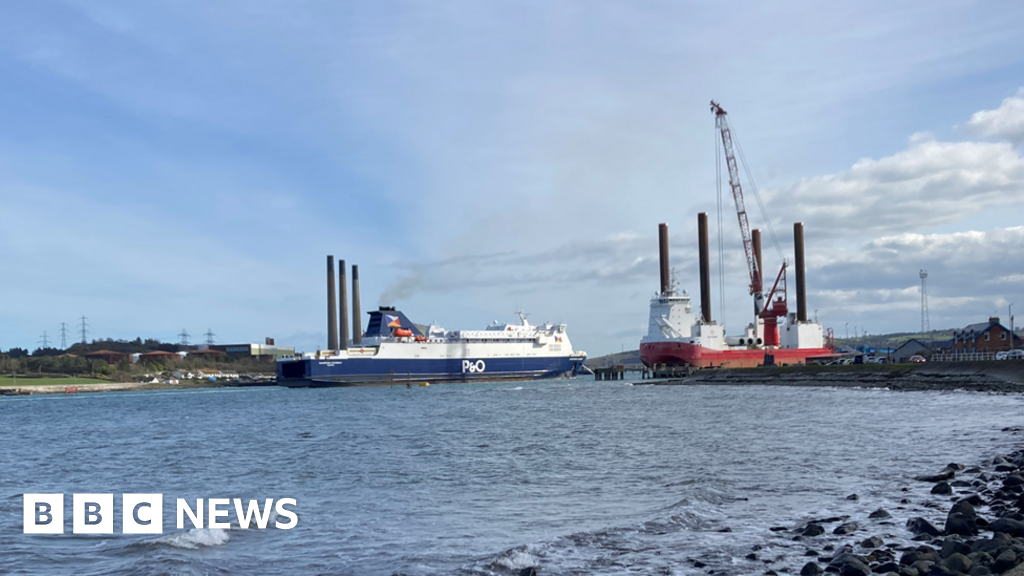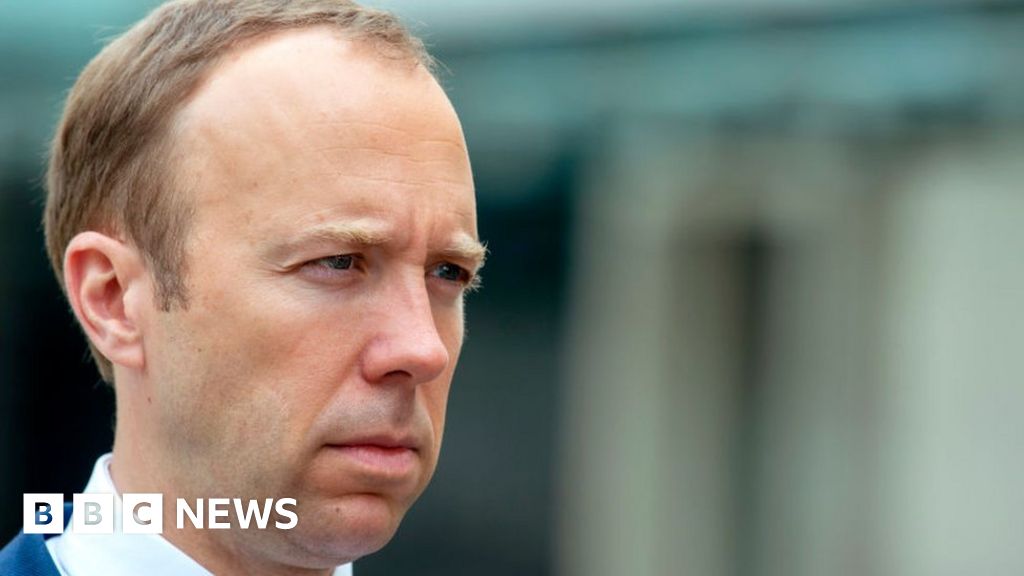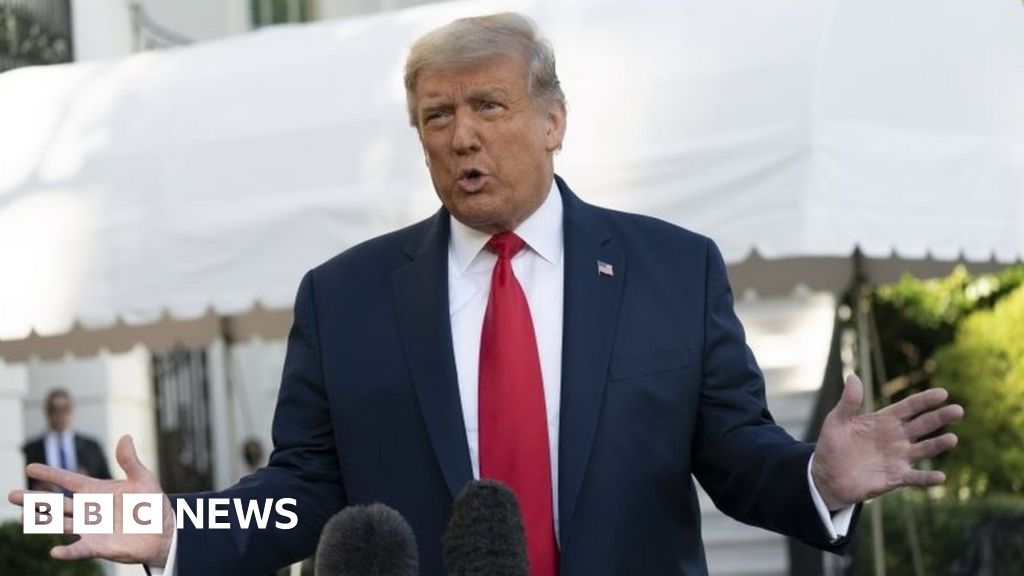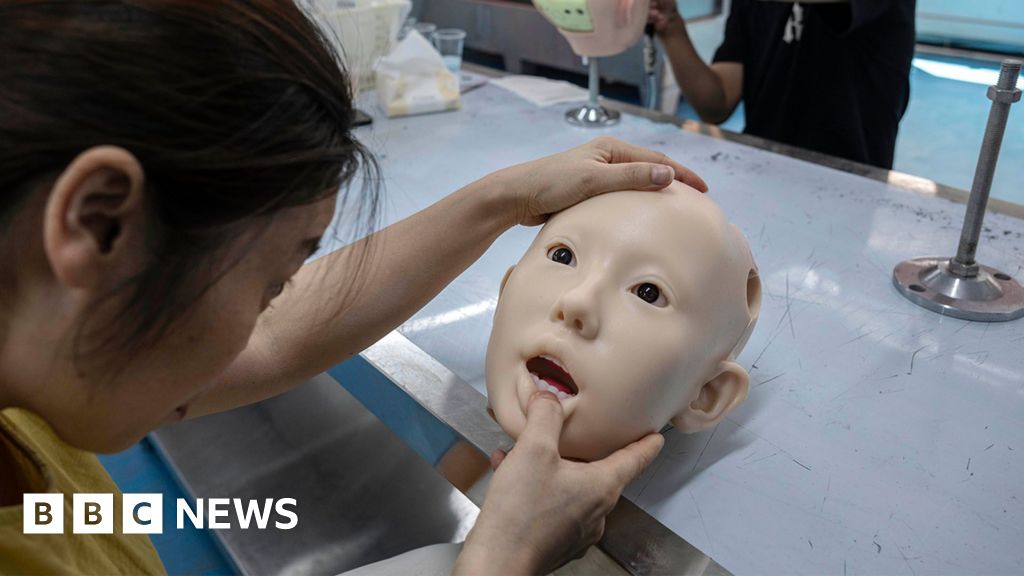Image copyright
Getty Images
Cineworld is set to temporarily close its UK cinemas in the coming weeks.
As first reported in the Sunday Times, the firm is writing to Prime Minister Boris Johnson and Culture Secretary Oliver Dowden to say the industry is now “unviable”.
The firm says it has been hit by delays in the release of big-budget films, putting 5,500 jobs at risk.
The premiere of James Bond film No Time To Die has been postponed twice and is now due for release in April 2021.
‘No-one untouched’
It is hoped that the Cineworld cinemas will be able to reopen next year, with staff being asked to accept redundancy in the hope of rejoining the company when theatres open again.
The head of the UK Cinema Association said he feared the Cineworld closure was “indicative of challenges faced by the entire UK cinema industry at the moment”.
Phil Clapp said: “Although cinemas opened in July and have been able to deliver a safe and enjoyable experience, without major new titles then we understand we aren’t able to get as many people out of the home as we’d like.”
Image copyright
Universal
The Bectu union says the delay in releasing the new Bond film has hit cinemas
He said no-one would be “untouched by the current challenges”.
Philippa Childs of entertainment and broadcasting union Bectu said: “The delay in the release of the Bond film along with the other delayed releases has plunged cinema into crisis.
“Studios will have to think carefully when considering release dates about the impact that will have for the long-term future of the big screen.”
When approached by the BBC, major UK chains Vue and Odeon refused to comment on how many cinemas they might be keeping open.
The Department for Digital, Culture, Media and Sport said it was supporting cinemas through a VAT cut on tickets and concessions, business rates holiday and bounce-back loans.
“We urge the British public to support their local cinema and save jobs by visiting and enjoying a film in accordance with the [Covid-19] guidance.”
Mothballed cinemas
Cineworld’s sites in the US, where it operates 546 theatres, could also be forced to close.
Cineworld said in a statement: “We can confirm we are considering the temporary closure of our UK and US cinemas, but a final decision has not yet been reached.
“Once a decision has been made we will update all staff and customers as soon as we can.”
In September the firm reported a $1.6bn (£1.3bn) loss for the six months to June as its cinemas had to close because of coronavirus lockdowns.
And it warned at the time that it might need to raise more money in the event of further restrictions – or film delays – due to Covid-19.
Cineworld is the world’s second largest cinema operator, and the largest in the UK with 120 sites. It also owns the Picturehouse chain of smaller venues.
Its other theatres globally include the Regal, Cinema City, and Yes Planet brands.
Social distancing in cinemas
According to the UK Cinema Association, operators should “organise seating to ensure two-metre distancing can be maintained; where two metres is not viable, one metre with risk mitigation is acceptable. Mitigations should be considered and those introduced set out in the risk assessment”.
But in Scotland they must “organise seating to ensure two-metre distancing can be maintained”.
It also says cinemas should introduce one-way flow through auditoriums, and provide floor markings and signage to remind customers to “follow social distancing wherever possible.”
The film industry had hoped the release of No Time To Die would spark a movie-going revival in the UK, with so many cinemas having been mothballed for months following the Covid-19 lockdown in March.
But on Friday the movie’s release was further delayed until 2 April 2021 “in order to be seen by a worldwide theatrical audience”.
‘Devastating year’
Rob Arthur, an industry analyst at cinema strategists The Big Picture, said “the current market is broken”.
“It has been a very challenging year both for Cineworld, and the world’s largest cinema group AMC,” he added.
“Film release schedules are being changed on a daily, never mind weekly, basis. It has been a catastrophic, devastating, year for operators.”
Image copyright
Getty Images
He said the decision by Cineworld to put their UK operation “into hibernation” until next year made sense.
“You can’t keep meeting the fixed operating costs of electricity, gas, air conditioning, staff, social distancing measures, and so forth when audience numbers are only a small percentage of what they were before,” he said.
“Meanwhile, customer confidence in visiting cinemas has to be restored and I don’t see that at the moment,” Mr Arthur added.
“The crowds you used to see in London for example going from work directly to the cinema are not there.”
He also said Cineworld’s cash reserves were running low and that both they and AMC had a high percentage of financial liabilities compared with their assets.
He added: “Landlords to date have acted reasonably and the deferral of rent has helped the cinema industry, but that comes to an end as does furlough payments so the operators will have to seek remedies to restructure their businesses.”
Deal scrapped
As lockdown restrictions around the world were gradually lifted in mid-to-late summer Cineworld had been able to reopen 561 out of 778 sites worldwide.
But lockdown closures meant its group revenues sank to $712.4m in the first six months of the year, compared with $2.15bn a year earlier.
Image copyright
Getty Images
The group loss this year also marked a huge fall from the pre-tax profits of $139.7m seen in the first six months of 2019.
However, when it released those financial figures, Cineworld said recent trading had been “encouraging considering the circumstances”, with solid demand for Christopher Nolan’s spy film Tenet which was released in September.
In June, Cineworld pulled out of a $2.1bn deal to buy the Canadian cinema chain Cineplex, a move which could lead to a legal battle.
It is not just Cineworld which has struggled this year, with independent London cinema Peckhamplex closing its doors on 25 September due to falling visitor numbers and delayed releases.
It had hoped to reopen in November, around the time the next James Bond film was due to be released.
Are you a Cineworld employee? Share your experiences by emailing [email protected].
Please include a contact number if you are willing to speak to a BBC journalist. You can also get in touch in the following ways:
- WhatsApp: +44 7756 165803
- Tweet: @BBC_HaveYourSay
- Please read our terms & conditions and privacy policy
